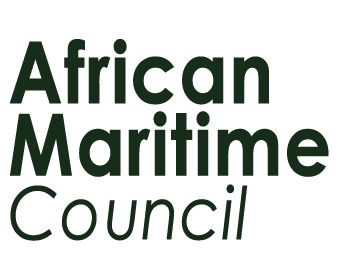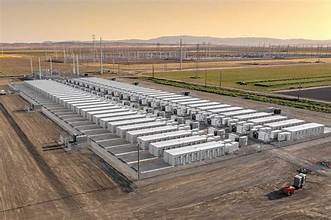AMEA Power, in partnership with the International Finance Corporation (IFC) and the Egyptian government, is rolling out the country’s first grid-scale battery energy storage system (BESS). This pioneering initiative aims to strengthen Egypt’s electricity grid while accelerating the transition to clean energy.
To finance the project, IFC has committed a $72 million loan to Abydos Solar Project Company, a subsidiary of AMEA Power. The funding will support the integration of a 300 MWh battery system with the 500 MWac Kom Ombo solar plant in Aswan, which began operating in November 2024. IFC and international partners also backed the solar plant’s development back in 2022.
Currently undergoing commissioning, the battery storage system is on track to go live by July 2025. Once operational, it will deliver around 100,000 MWh of clean energy each year, helping to avoid nearly 20,000 tons of carbon emissions annually. This project also becomes the first BESS under Egypt’s 4 GW Emergency Renewable Energy Program, which targets growing power needs while cutting gas imports.
Hussain Al Nowais, Chairman of AMEA Power, highlighted the achievement, stating that this milestone reflects the company’s ability to execute large renewable projects rapidly and in collaboration with local partners. He noted the success comes on the heels of AMEA’s 500 MW wind farm launch in Egypt, further advancing the country’s clean energy ambitions.
IFC Managing Director Makhtar Diop stressed the importance of bold infrastructure investments to meet Egypt’s energy demand, particularly during summer peaks. He described the project as a model for how modern technology and strong partnerships can drive cleaner and more reliable energy systems.
The battery project supports Egypt’s broader climate goals, including the Nexus of Water, Food, and Energy (NWFE) platform and the World Bank Group’s 2023–2027 Country Partnership Framework. These frameworks focus on job creation, environmental resilience, and inclusive economic growth.
Since 2017, Egypt has added over 4.9 GW of renewable energy capacity with help from the World Bank Group and other development finance institutions. IFC has played a key role, supporting key projects such as the 1.4 GW Benban Solar Park, the 252 MW West Bakr Wind project, and AMEA Power’s twin 500 MW solar and wind developments.
IFC has been active in Egypt since 1975, channeling nearly $10 billion into development projects across sectors like infrastructure, climate, fintech, manufacturing, gender equity, and health. Its current advisory portfolio in the country is worth around $25 million.
source:www.zawya.com

